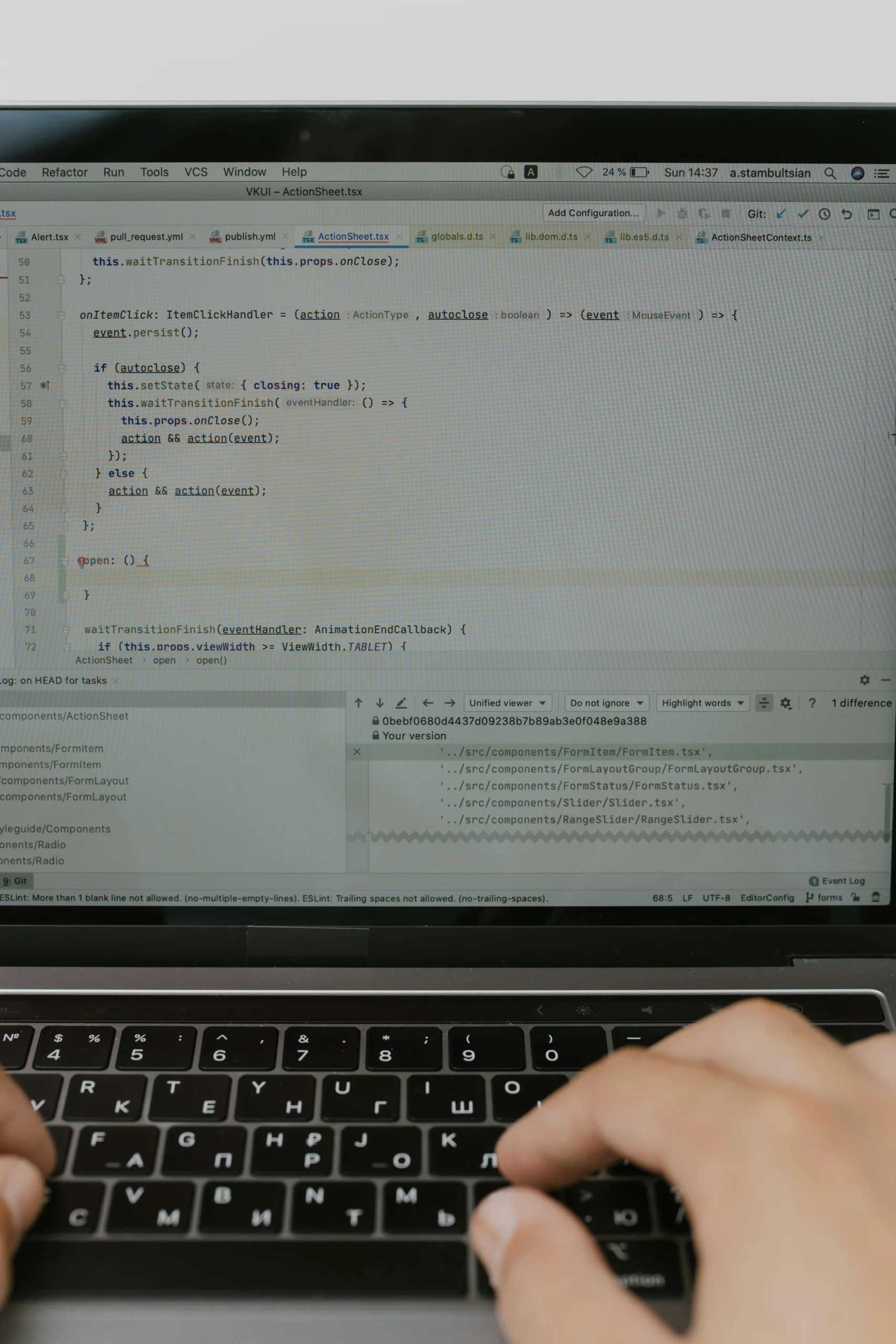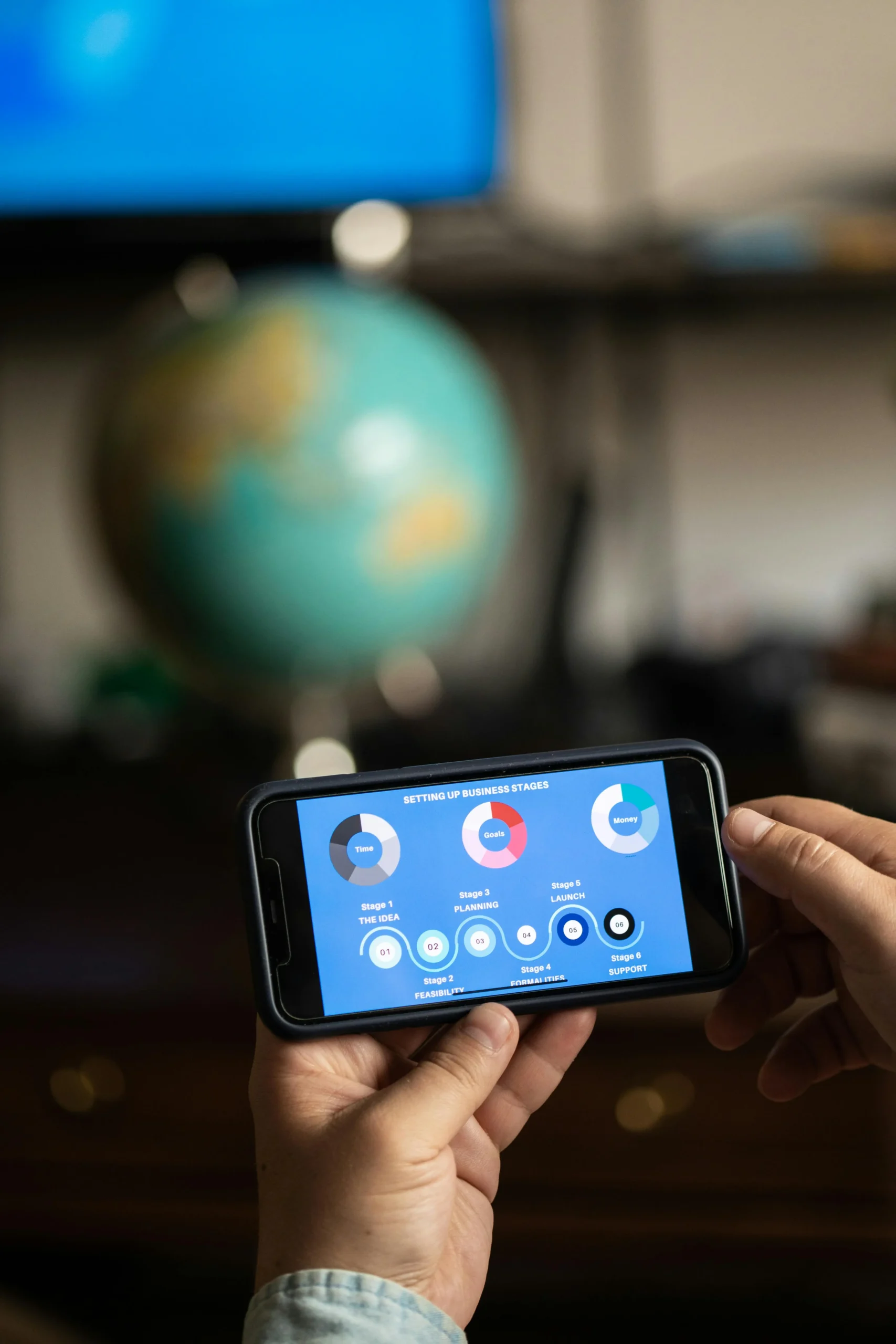Ransomware attacks in South Korea have surged, with the Korean Ransomware Response Association reporting 15 cases in the first half of this year, a 67% rise from the same period last year. As ransomware continues to evolve, it not only encrypts data but also infiltrates backup areas, making recovery increasingly difficult. This emphasizes the need for comprehensive data resilience strategies that go beyond standard backup procedures. Companies are now recognizing that traditional local storage and NAS systems are vulnerable to both network infections and physical damage.
Consequently, many businesses are considering migrating to cloud services like Dropbox, which can provide better data recovery and security options. Cloud solutions automatically back up files and allow for quick restoration from previous states, minimizing downtime from ransomware infections or user errors. While cloud services help mitigate the risk of data loss, organizations must also focus on securing their accounts and systems against targeted attacks. Effective security measures, including encryption, multi-factor authentication, and access management, are crucial for defending against unauthorized access.
The financial implications are significant, with a Verizon report indicating that 88% of global data breaches affecting small businesses stem from ransomware. Despite this, over 64% of small businesses in South Korea lack a defined information security budget, highlighting a gap in security investment. The cloud provides a cost-effective security alternative, allowing flexible capacity expansion and reducing costs associated with physical backup equipment. Ultimately, establishing a robust data management process is essential for maintaining organizational resilience against security incidents.
👉 Pročitaj original: CIO Magazine







